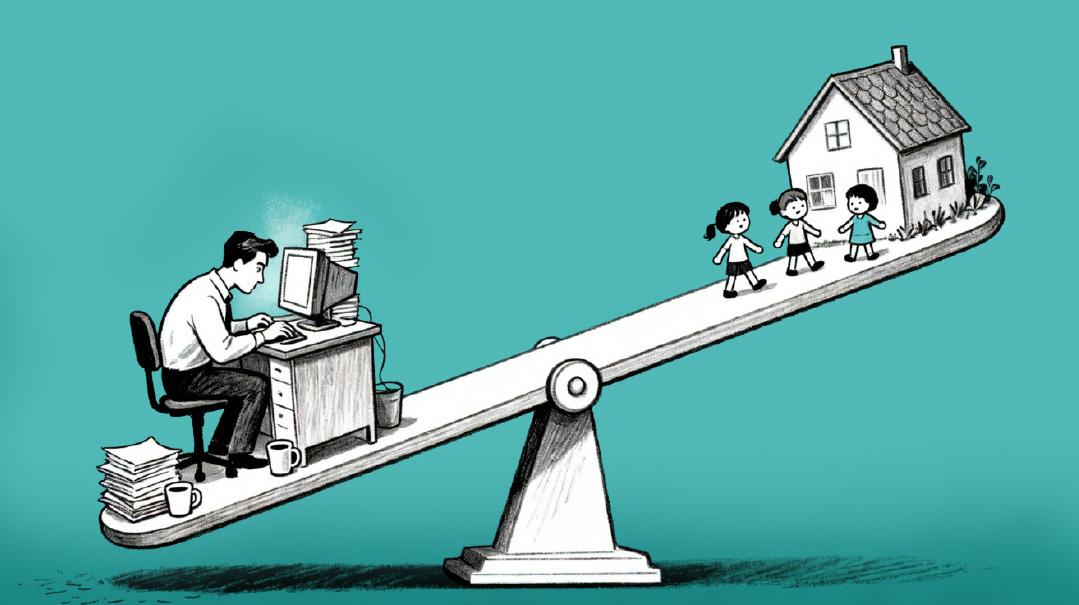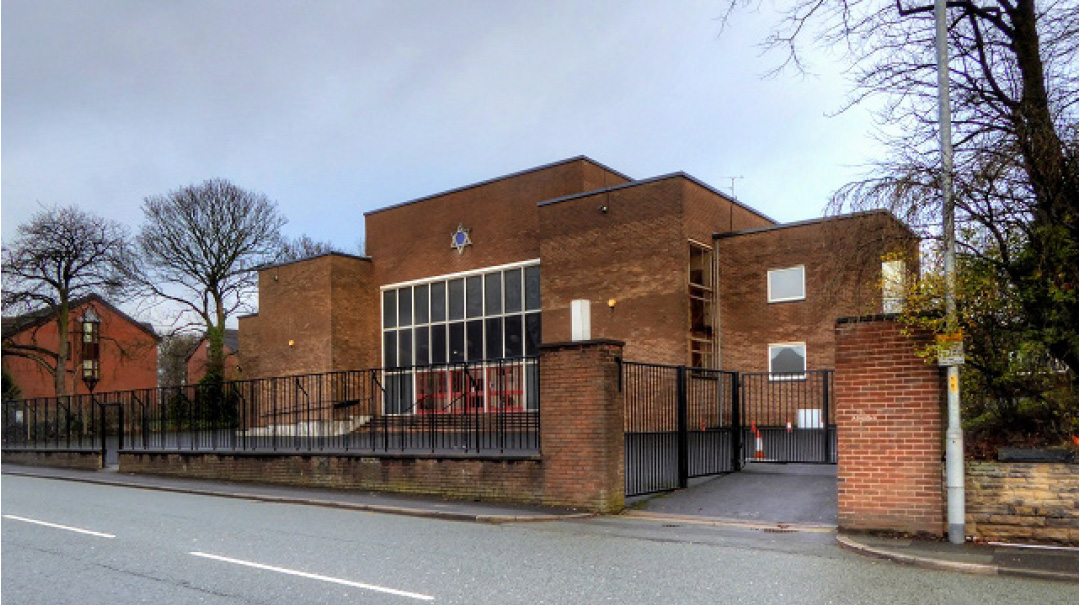Do We Realize What They’re Hearing?
| June 3, 2025Even when a mosad requires real input and parents feel dissatisfied, there is a proper system for addressing these concerns

T
uition crises, financial struggles, teacher shortages, concerns about school quality, debates about curricula — these are all hot topics in Jewish education. Whether at the Shabbos table or in casual conversations, the subject of our children’s chinuch often takes center stage.
But as we speak, do we realize the potential harm we may be causing? Is there anyone within earshot who should never be exposed to such discussions?
Let me share a story I heard from my grandfather, Rabbi Paysach Krohn, that illustrates this point.
A doctor possessed a rare, exclusive medicine capable of curing children of a terrible disease that was spreading. No one else had access to this life-saving treatment. Parents would line up outside his clinic daily, desperate for a dose that could heal their children. Over time, all the children in his neighborhood were cured.
As word spread, the doctor traveled from town to town, treating more children. Everywhere he went, lines of anxious, hopeful parents would form, clutching their sick children, willing to do anything for this miracle cure.
One fateful night, as he was traveling, a group of ruthless highwaymen ambushed him. With frightening speed, they overpowered him and took his bags. They rifled through his belongings, and after they decided there was nothing of value to them, they carelessly tossed the vials of precious medicine into a dark, raging river. When the doctor arrived at his clinic in the early morning light, he was empty-handed.
A frantic father, whose son was suffering gravely, rushed into the clinic, begging for the medicine. His voice trembled with desperation. “Please! My son is dying — can you help him?”
The doctor stared at him, stunned. “Don’t you recognize me?” he asked.
The man looked confused, shaking his head. “No... I don’t think so.”
The doctor’s eyes darkened. “We met last night,” he said, his voice cold with anger. “You robbed me.”
The father’s face turned ghostly white.
“What did you do with the medicine you took?” the doctor demanded.
The father stammered, “I– I didn’t find any money, so I just threw everything into the river.”
The doctor’s voice hardened. “You fool! You held the very cure in your hands last night — and now it’s gone forever.”
This story is a powerful allegory for the way we discuss our children’s education. We rely on educators to guide our children, but when we openly mention issues about their schools — especially in a negative light — we unknowingly strip our children of the very confidence and security they need in their learning environment.
Most of the concerns parents bring up revolve around financial or logistical issues — not the essence of chinuch. But children don’t differentiate. When they hear their parents commenting on their school, they internalize it, seeing their education as flawed or unworthy. A remark made in passing can degrade a child’s view of his own learning experience in ways we may never
anticipate.
Even when a mosad requires real input and parents feel dissatisfied, there is a proper system for addressing these concerns. These exchanges may be crucial, but they must not take place in front of children. Would we invite our children to listen in on a board meeting or an administrative debate?
Conversely, speaking confidently about our schools strengthens our children’s trust in the chinuch they are getting.
A friend recently shared a story. He had hired an excellent chavrusa for his son, and the boy was thriving. One evening, the boy mentioned something about his yeshivah, and the chavrusa, without thinking, made a small critique about the yeshivah. Though the comment was not malicious, it changed everything. From that moment on, the boy struggled. He saw his yeshivah differently, and his learning suffered. That single remark planted doubt in his mind, undermining all his progress.
So we must ask ourselves: How carefully do we choose our words in front of our children?
Yes, discussions about improving our institutions are important. We all want the best chinuch for our children. But we must never forget that our children are listening. Conversations meant to enhance their education can, if handled carelessly, destroy their trust in the very system designed to nurture them.
Speak with confidence in chinuch, and your children will grow with confidence in themselves.
Rabbi Moshe Dov Heber is a rebbi at Yeshiva K’tana of Waterbury and a division head in Camp Romimu. He is a writer and public speaker, focusing on topics related to inspiration and education.
(Originally featured in Mishpacha, Issue 1064)
Oops! We could not locate your form.







